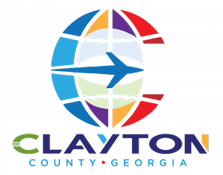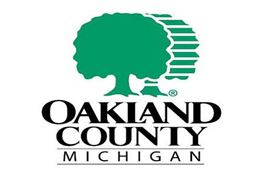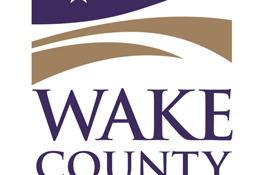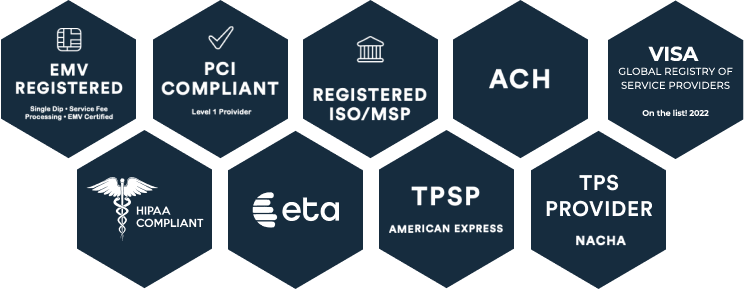Payment facilitators make it faster, cheaper, and easier to process payments. Find out more about how using a payment facilitator can:
- Help you avoid the piles of paperwork otherwise required to open a merchant account
- Reduce your risk and liability around fraud and chargebacks
What Is a Payments Facilitator?
A payment facilitator, also known as a PayFac, is a sub-merchant account for a merchant service provider.
This sounds complicated, but at the most basic level, a payments facilitator is a way of outsourcing part of your business to an intermediary contractor. Just like some businesses choose to use a third-party HR firm or accountant, some contract a payments facilitator to save time and money. The PayFac makes it possible to get all of the benefits of merchant services without going through all of the paperwork, setup, fees, and maintenance that are usually required.
Payment facilitators handle the merchant underwriting process. This relieves organizations of the need to perform related administrative procedures. PayFacs provide payment processing services and facilitate the movement of funds on behalf of their sub-merchants.
Because a PayFac manages and underwrites the entire process, they are liable for processing the accounts of their sub-merchants. The merchants who work with a payments facilitator experience a simplified merchant account process.
How Do Payment Facilitators Work?
Once a merchant applies and is approved to work with a payment facilitator, the PayFac provides all necessary processing services, settlement of funds, and billing to the merchant. From that point, all funds are settled to the payment facilitator’s account, and it is their responsibility to move those funds to the merchants.
Because a payment facilitator handles all of the funds, it becomes the burden of the payment facilitator, not the merchant, to handle any cases of fraud or chargebacks.
Payment Facilitators Work Alongside Key Players in the Payment Ecosystem
A payment facilitator has key partnerships within the payments ecosystem that provide additional benefits to working with them.
Acquiring Banks
An acquiring bank isn’t any specific bank; it is merely the title held by any bank on the merchant end of the transaction. Acquiring banks are important because they also take on any liability for transactions processed by the payment facilitator.
Because of this investment into each transaction, acquiring banks have close relationships with payment facilitators to establish strict requirements that must be followed. If the PayFac does not adhere to those boundaries, the acquiring bank will no longer accept transactions from the PayFac.
Ideally, a PayFac establishes a meaningful partnership with an acquiring bank and shares the benefits of that relationship with their partnered merchants.
Payment Processors
Any time a customer gives a merchant their credit or debit card information, they need a payment processor. Payment processors work in the background to gather account information, verify the purchase, and transfer money from the issuing bank to the acquiring bank.
Payment processors charge a fee as part of each transaction, usually 2–3% of the total purchase.
A payment facilitator has a preferred payment processor they partner with. This partnership ensures that partnered merchants can get a lower processing fee from a trusted network.
What Are the Benefits of Payment Facilitator Services?
Here are five of the biggest benefits a payment facilitator can provide.
1. Reduce Complexity Around Payments
By partnering with a payment facilitator like CORE, you can sit back while we take care of all of the paperwork and complicated parts of payment processing for you. We are responsible for managing the entire process so you can focus on reaching your goals and helping your organization grow.
2. Start Accepting Payments Now
Sign up for a payment facilitator account and become a sub-merchant.
Applying for a merchant account is a long and tedious process. In some cases, it can take an organization weeks to be approved, which grinds the rest of your organization to a halt. Becoming a sub-merchant requires very little paperwork and can be processed in minutes.
3. Don’t Stress About Compliance
Without a payment facilitator, an organization is required to be Know Your Customer (KYC) and Payment Card Industry Data Security Standard (PCI DDS) compliant. Compliance requirements change depending on your merchant level, requiring additional security measures that are expensive and time-intensive to implement on your own.
Because a payment facilitator acts as an intermediary for a sub-merchant, it is the responsibility of the payment facilitator—not the sub-merchant—to understand and meet all compliance standards.
4. Mitigate Risk
Payment facilitation services are liable for each payment. This means that they put their neck on the line, so your organization doesn’t become the target of chargebacks and fraud attempts.
Additionally, if a customer’s data is ever compromised due to a transaction, it is the payment facilitator who is at fault, not the sub-merchant.
5. Improve Customer Satisfaction
Most customers expect the same payment processing no matter where they shop. To them, there is no difference between shopping at an international chain or a local mom-and-pop store. When the payment process is different, delayed, or more costly to them, they notice.
A payment facilitator gives every merchant, like small startups or local family-run companies, access the same familiar tools and benefits large organizations enjoy.
Payment Facilitator Vs. Payment Processor
While a payment facilitator and a payment processor are both types of electric payments, they are distinctly different. A payment processor is a third-party service provider that acts as an intermediary between a merchant and a financial institution, easing the process of authorization and settlement of transactions. Usually, a payment processor is used for a wide range of transactions.
On the other hand, a payment facilitator streamlines the onboarding process for smaller merchants. Payment facilitation is often more user-friendly and simpler to use for payment acceptance. Payment Facilitators are often used for small businesses. With this in mind, it is important to choose the right payment solution for your business needs.
Examples of Payment Facilitators
Payment facilitators play a role in simplifying payment processing for businesses and individuals. Here are some examples of payment facilitators:
- Square – They offer solutions for in-person, online, and mobile payments.
- Stripe – They offer developer-friendly tools making it the preferred choice for e-commerce.
- PayPal – They help businesses to accept online transactions.
- Adyen – They provided a comprehensive global payment solution.
- Shopify Payments – They cater to online businesses with e-commerce platform integrations.
- Venmo – They focus on peer-to-peer (P2P) payments and social transactions.
Although buyers are usually more comfortable using common payment facilitators, there are many more payment facilitators with their own set of features and target audiences. The type of payment facilitator used depends on the specific needs and preferences of a business or individual.
Choose CORE
At CORE, we strengthen revenue management and consumer engagement. Our PCI-, and HIPAA-compliant solution enables all organizations to provide a consistent customer experience while helping build revenue and growth.
Contact us today to discover more about our solutions and how they can help your organization.




































